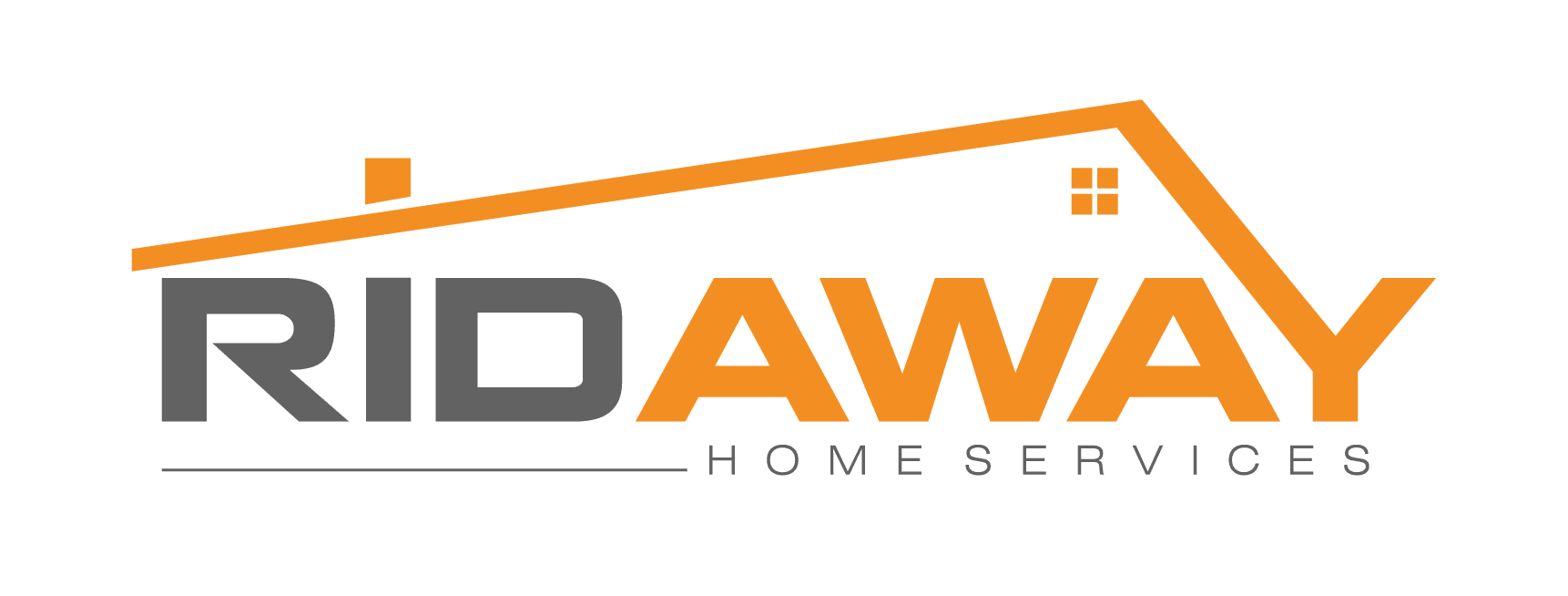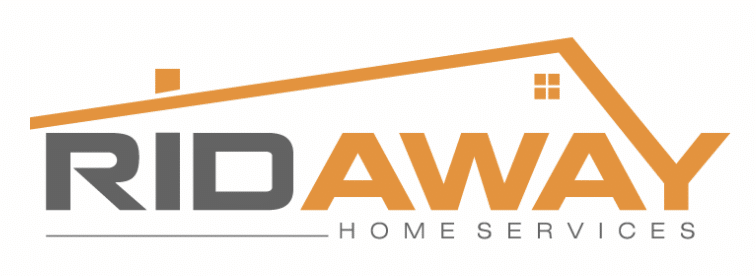Mold In Simple words
If you clicked on this blog, chances are you might be familiar with mold. If not, mold is a type of fungi that grows in damp, moist, and humid places. It can grow anywhere, including behind the sofa, on the walls, in the basement, on the kitchen walls, and on the ceilings that show signs of leakage. Mold can also grow outdoors but is not so much of a concern as indoor mold. Why? Well, because mold produces spores that are called mycotoxins. Exposure to these spores can cause allergic reactions, skin rashes, runny nose, watery eyes, and red bumps on the skin, and can sometimes also trigger asthma. Extreme allergic reactions caused by mold are called mold toxicity and can be extremely dangerous for kids because of their underdeveloped immune systems. Not only this, these mycotoxins are also carcinogenic in nature (something that causes cancer). In short, mold is Deadly!
Importance of Mold Awareness Month
September every year is observed as the National Mold Awareness Month in the U.S. The dangers of mold exposure and mycotoxins are what inspired the U.S. Environmental Protection Agency to observe a special day for mold. Homeowners and employers should not only be made aware of the dangers of mold but also the preventative measures it takes to avoid it. Mold prevention should be taken seriously, especially by individuals suffering from asthma/having family members with asthma as mold can worsen asthma symptoms and can cause asthma exacerbation (asthma attack). Family members with kids should also be careful and quick to notice any early signs of mold development as kids are more susceptible to mold spores and can develop allergies relatively easily. In general, everyone should be well-informed and educated about mold and the adverse effects of it.
Let’s Answer Your Frequently Asked Questions (FAQs) On Mold
Q.1) Where Does Mold Commonly Grow?
Mold can grow anywhere like ceilings, living room walls, kitchen walls and ceilings, basements, bathrooms, and even outdoors. However, the most important condition for mold growth is the presence of moisture. Wherever there is moisture/dampness/humidity, there will be mold. Therefore, bathrooms and basements are relatively at a greater risk of developing mold. The easiest and the best way to prevent it is to ventilate these areas properly and regularly. Windows and exhaust fans are a necessity in basements, bathrooms, and even kitchens these days.
Q.2) What Are the Tell-Tale Signs of Mold Growth?
Signs of mold growth can be many. The common visible signs of mold growth are stains of water on walls and ceilings, patches of mold on the walls or in the corners, and a musty pungent smell. You can also be on the lookout for health symptoms and signs in yourself or your family members like a constant runny nose or watery eyes, and prolonged coughing and sneezing.
Q.3) What Steps should be taken to Prevent Mold Growth?
There are many ways in which one can prevent mold growth. Some common and easy ways include; maintaining proper ventilation throughout the house, especially in humid places like bathrooms, kitchens, and basements. This can be done using exhaust fans that vent air outside the home. Repairing leaks on time, and maintaining proper plumbing around the house, are also ways to prevent mold growth.
Q.4) Can I Remove Mold Myself?
For small-scale mold problems, mold can simply be removed with soap and water. Just remember to wear a mask and gloves. Once cleaned, dry the area completely and ventilate it properly. However, if mold has taken over an entire wall or a ceiling in your home, it would be dangerous for you to handle it on your own. It's important to always contact professionals when it comes to large-scale mold problems.
Q.5) Who To Contact For Mold Removal?
If you suspect that there might be mold growing in your home it is important to contact mold removal professionals ASAP! With the risks involved in mold inspection and removal, this is a job best left to certified experts. RidAway has the qualifications and dedication to ensure the work is done to the highest standards. It is EPA-approved, state-licensed, and insured, uses industry-grade technology, and has a fast emergency response.
RidAway toxic mold spores so you can breathe clean, healthy air once again. Ridaway provides a reliable service from a trusted mold remediation company near you in Massachusetts.

